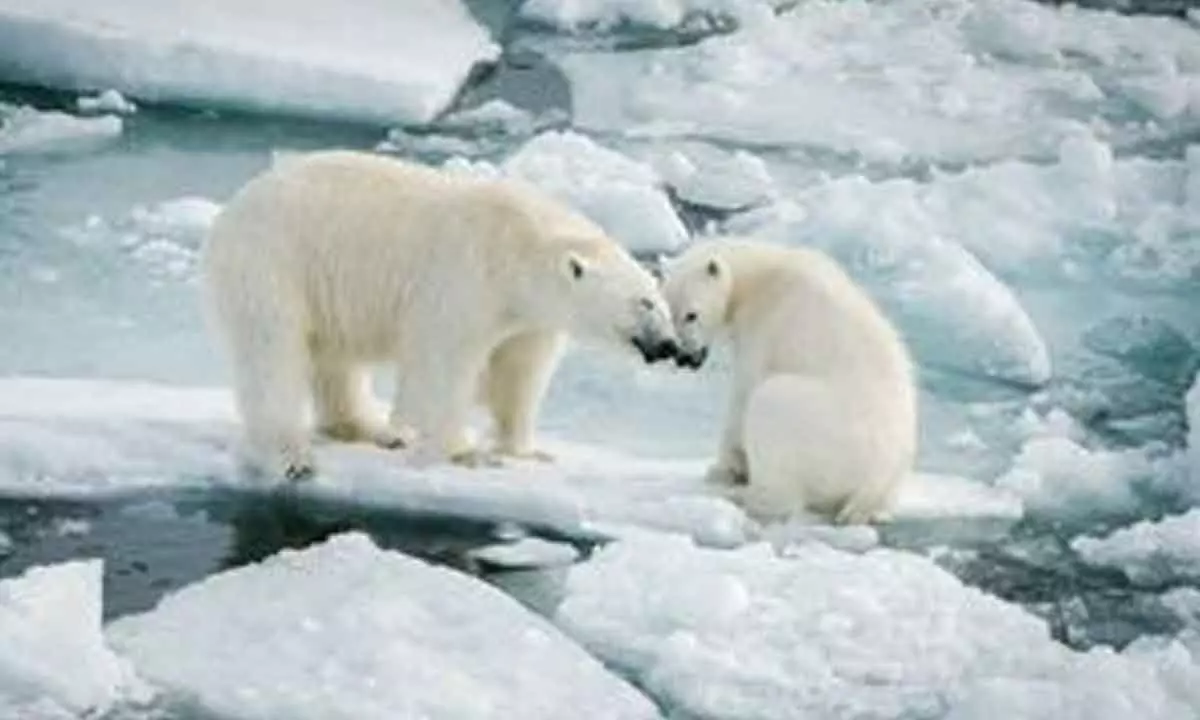Rosneft implements research to conserve Arctic ecosystems
It will help researchers to bring the available data on local bio-indicator species up to date to help plan further conservation activities
image for illustrative purpose

New Delhi: The Russian oil company Rosneft has been implementing a comprehensive scientific research programme in the Arctic region for more than ten years, and is advancing the programme to coming years.
During the last 10 years, the company has conducted dozens of large-scale expeditions and collected unique information about the region.
In particular, since 2020, Rosneft has been implementing a corporate programme focusing on studies of the region's key species that are indicative of the resilience and sustainability of the Arctic’s ecosystems. The list of species includes the red-listed polar bear, Atlantic walrus, ivory gull, and wild reindeer.
The range of work already undertaken includes nine expeditions to hard-to-reach and understudied areas of the Russian Arctic region, various field and laboratory research.
Animals have been surveyed with camera traps and from the air, and more than 70 animals have been tagged using satellite transmitters. Geological, oceanological, hydrometeorological and environmental studies are carried out in cooperation with key Russia’s scientific research centres.
On February 16, representatives of Rosneft, the Ministry of Natural Resources and Environment of the Russian Federation and the Severtsov Institute of Ecology and Evolution presented a new large-scale programme to study the biodiversity of Arctic ecosystems and talked about the planned research.

